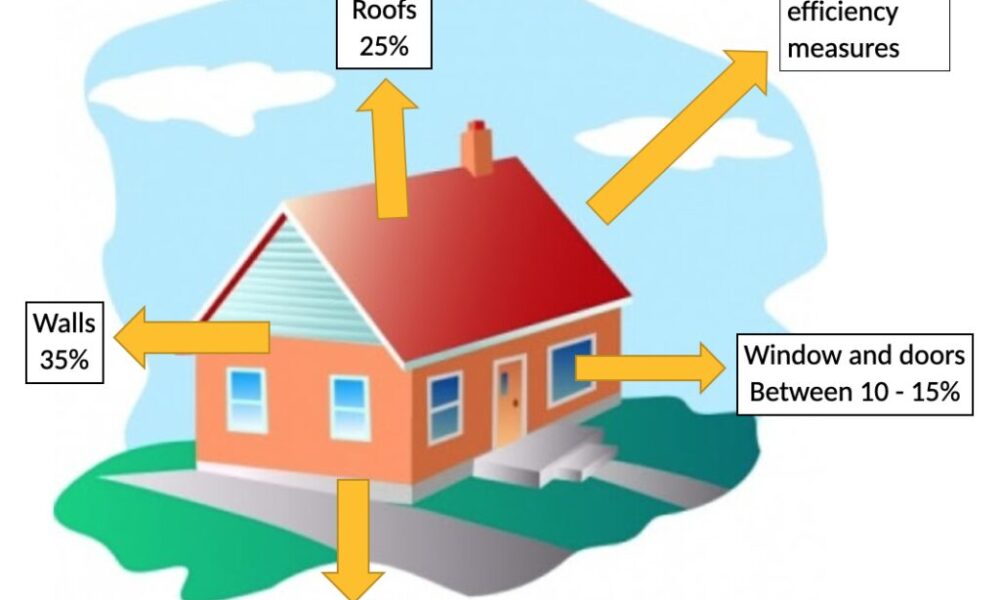Whether it is for repairs, replacements, or installations, poor workmanship contributes to 40% of roof failures. That’s why quality workmanship is key to keeping your roof sturdy and long-lasting, especially with Sacramento’s unpredictable weather.
In 2021, there were more than 100,000 roofing contractors, with a market size of more than $50 billion. So before starting any roof replacement in Sacramento, take the time to research your options and vet potential contractors. Check out their experience, certifications, and what previous clients have to say in their reviews and testimonials.
Investing in quality roofing now can save you a ton of headaches later on. To achieve this, we’ll guide you through the process, making sure you don’t overlook any factors when choosing a contractor for your roof replacement or repair.
Research Options
You can check online reviews and ratings on platforms like Yelp or Angie’s List. These reviews provide insights into the work quality, customer service, and overall satisfaction levels of past clients. It would be helpful to seek recommendations from people you know, such as friends, family, or neighbors who have recently had roofing work done. Seeking recommendations from people you trust can be an effective method to locate a dependable contractor.
Visit the websites of the different roofing companies in Sacramento. Look for information about their experience, services offered, and any certifications or awards they may have. Don’t forget to verify if the contractor is licensed and insured to protect yourself from any liability in the event of accidents or property damage during the project. Take the time to research your options to make an informed decision and hire a roofing contractor who meets your needs and expectations.
Contractor Experience
An experienced contractor will have a diverse portfolio showcasing different types of roofing installations they’ve completed. Look for projects similar to what you’re planning, as this indicates familiarity with the specific requirements of your job. Inquire about the different roofing materials and systems they’ve experienced working with, such as asphalt shingles, metal roofing, tile, or flat roofs. A contractor who’s worked with a wide range of roofing systems is likely to have the expertise needed for your project.
Consider the contractor’s length of experience. Experience is not solely determined by the number of years in operation. However, a roofing company that has been established for a long time typically indicates a level of trust within the community and a track record of successful projects. Feel free to inquire about references and reach out to previous clients to hear about their firsthand experience working with the contractor.
Contractor Reputation
Choosing a contractor with a strong reputation can give you peace of mind during your roofing project, knowing that you can rely on their work to be of high quality. Seek out a contractor with a proven track record of consistently delivering projects on schedule, within the allocated budget, and to the utmost satisfaction of their clients. A good reputation suggests that the contractor can be relied upon, has ample experience, and is committed to achieving outstanding outcomes. If you come across a contractor who has a less-than-stellar reputation, a history of complaints, or unresolved issues, it might be wise to consider other options for your roofing needs.
Pricing Estimates
After verifying the credibility of a roofing contractor, it is crucial to grasp the process of pricing estimates for your project. Pricing estimates in the roofing industry can vary greatly, depending on factors such as the size and complexity of your roof, the materials used, and the contractor’s level of experience. These factors will ultimately determine the final cost.
When a roofing contractor gives you an estimate, make sure it has a breakdown of all costs, covering materials, labor, permits, and any additional services such as debris removal. Each cost will help you compare estimates from different contractors better. Also, the lowest estimate isn’t always the best choice. While cost is important, quality workmanship and materials are equally important in roofing projects. Look for a contractor who offers a fair price for the level of service and expertise they provide.
Licensing and Insurance
Licensing requirements differ by state, so confirm if the contractor holds the necessary licenses to operate legally in Sacramento. You can typically check this by asking for the contractor’s license number and verifying it through the appropriate state licensing board.
Insurance also matters. A reputable roofing contractor should have both liability insurance and workers’ compensation coverage. Liability insurance protects you in case of any property damage during the project, while workers’ compensation gives an injured worker your property coverage.
Request to see the certificates of insurance and if they’re valid and up-to-date. Verifying these two will be your protection, and it also suggests the contractor’s commitment to professionalism and safety. It’s a non-negotiable step in the hiring process, as it can save you from liabilities and headaches down the road.
Conclusion
It’s necessary to research your options, check their experience, evaluate their reputation, understand pricing estimates, and verify their licensing and insurance to find a good roofing contractor in Sacramento. Follow these steps to hire a reliable and trustworthy contractor for your roofing needs.









